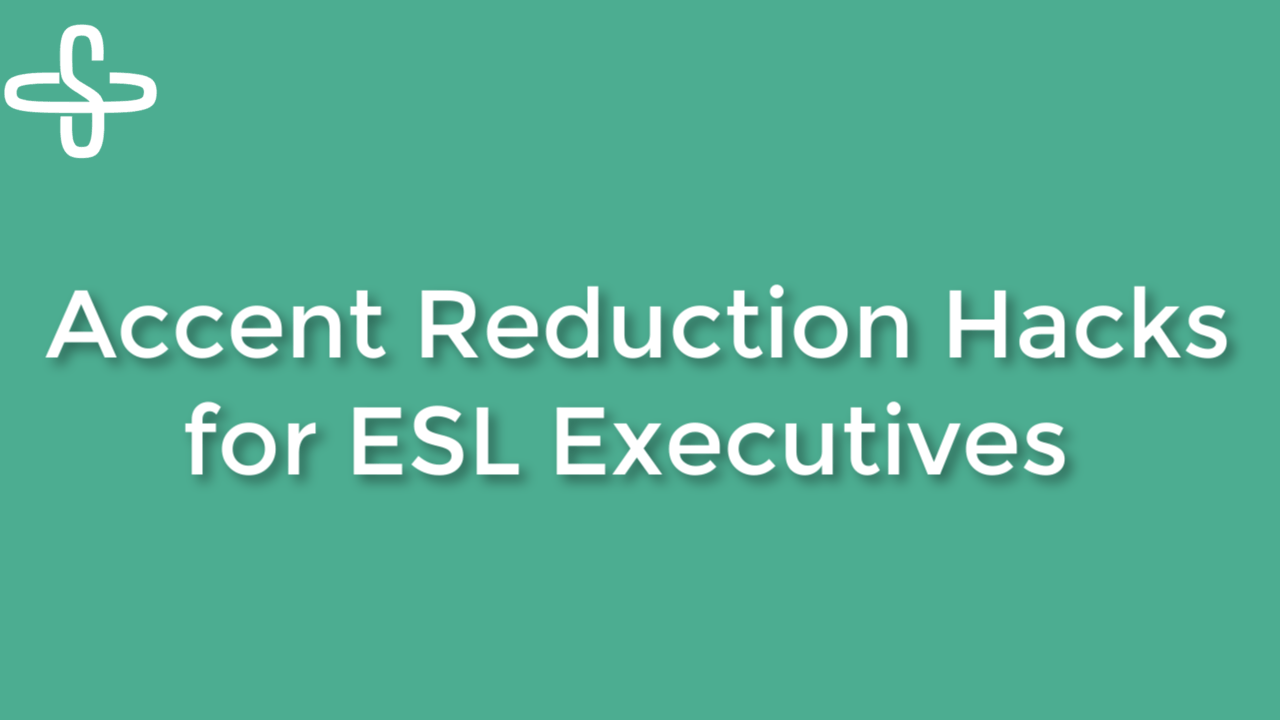Should Your Expectations Be High or Low Before You Present?
Your High Expectations Might Be Tanking Your Presentations
When I begin my coaching sessions, one of the first things I ask is "what do you tell yourself before you present? What is your pre-presenting storyline?". The phrase I hear the most is "This needs to be perfect" or "This needs to be a ten out of ten."
I get it. We all want to be brilliant and nail our presentations. But what good does putting this kind of pressure on yourself before you speak do for you? I've observed it generally leads to frustration, stumbles, and nerves. Perfection is impossible, so if you try to reach it, you will inevitably fail.
I suggest expecting "ok" when you present. "But that is mediocre!" my indignant, high-performing clients claim. I beg to differ. I think there is a difference between expecting something, and valuing something. Valuing public speaking excellence, and working on your preparation is helpful. Expecting perfection before you present is not, for two reasons. The first is, as we've stated, high expectations lead to frustration when mistakes happen (and they inevitably will). Perfection is not possible. Second, it implies to me that the focus is too much on the result, and not enough on the process. Focusing laser-like on the result of presenting is a little like an archer holding the arrow and placing it in the bullseye. To perform well, we must release our preparation, release our work, release the arrow to find its mark. We must set aside our work, and improvise. The best presentations are alive, loose, moment-to-moment, risky.
So prepare thoroughly, but expect reasonably. Allow yourself room to make mistakes, rebound, improvise, smile, laugh, re-think, inspire, move, and live. A "perfect" presentation is a static presentation. An "alive" performance develops, changes, and fluctuates.











